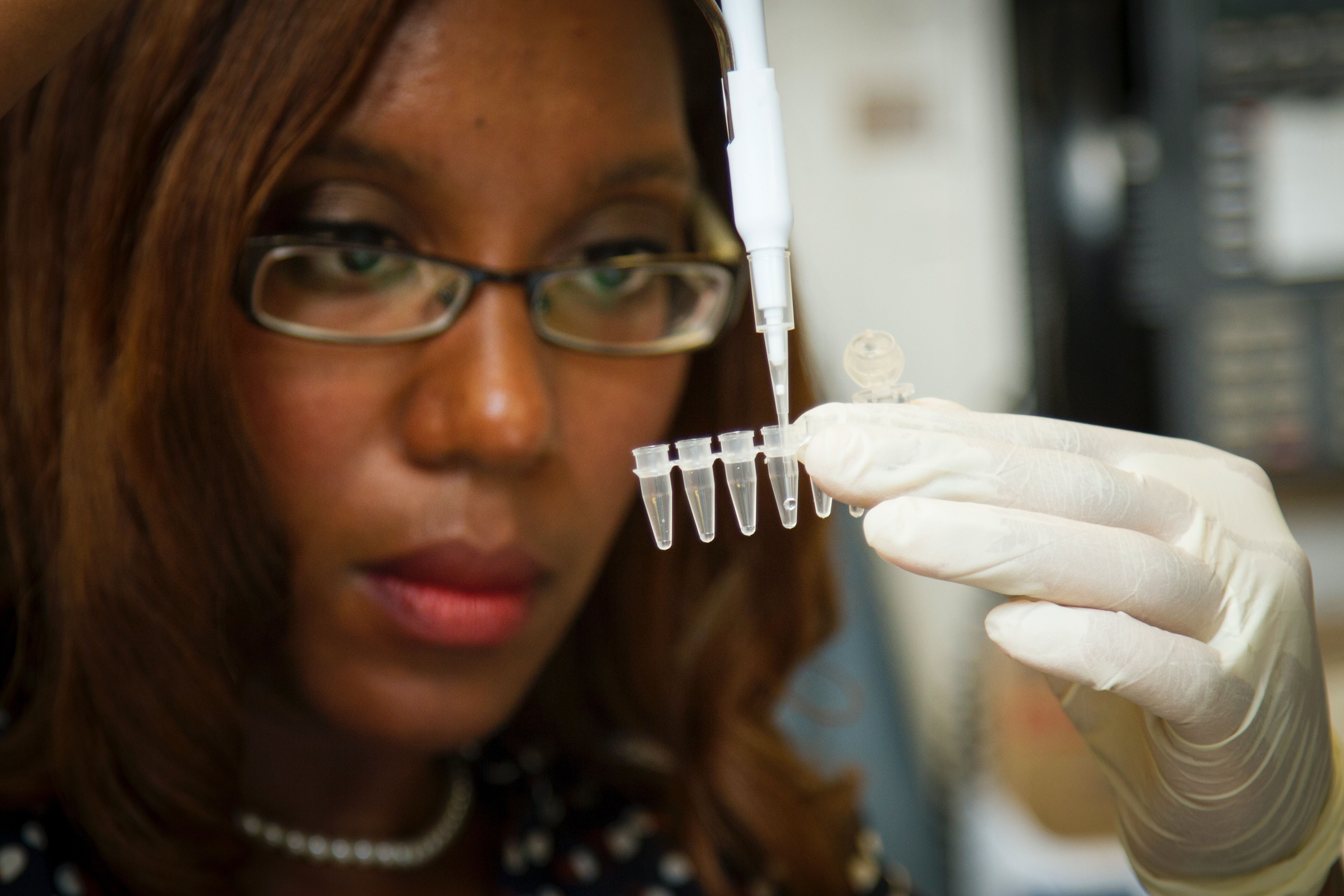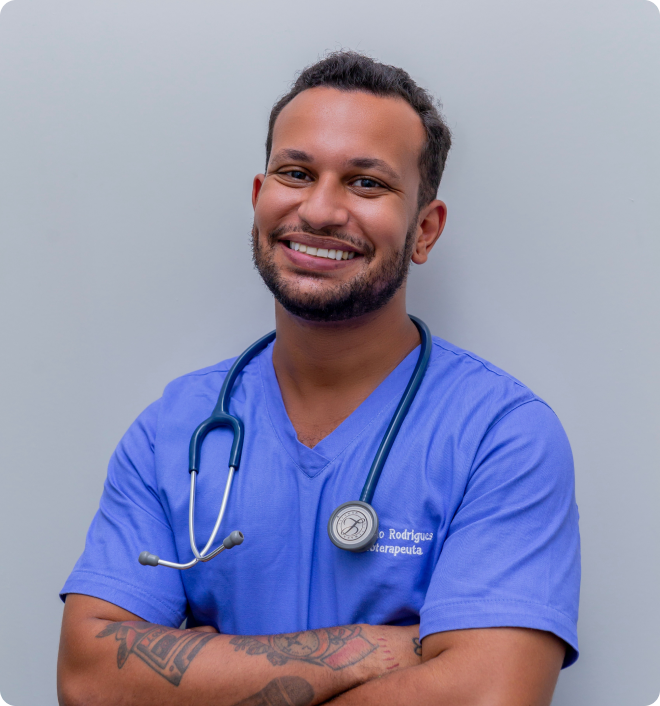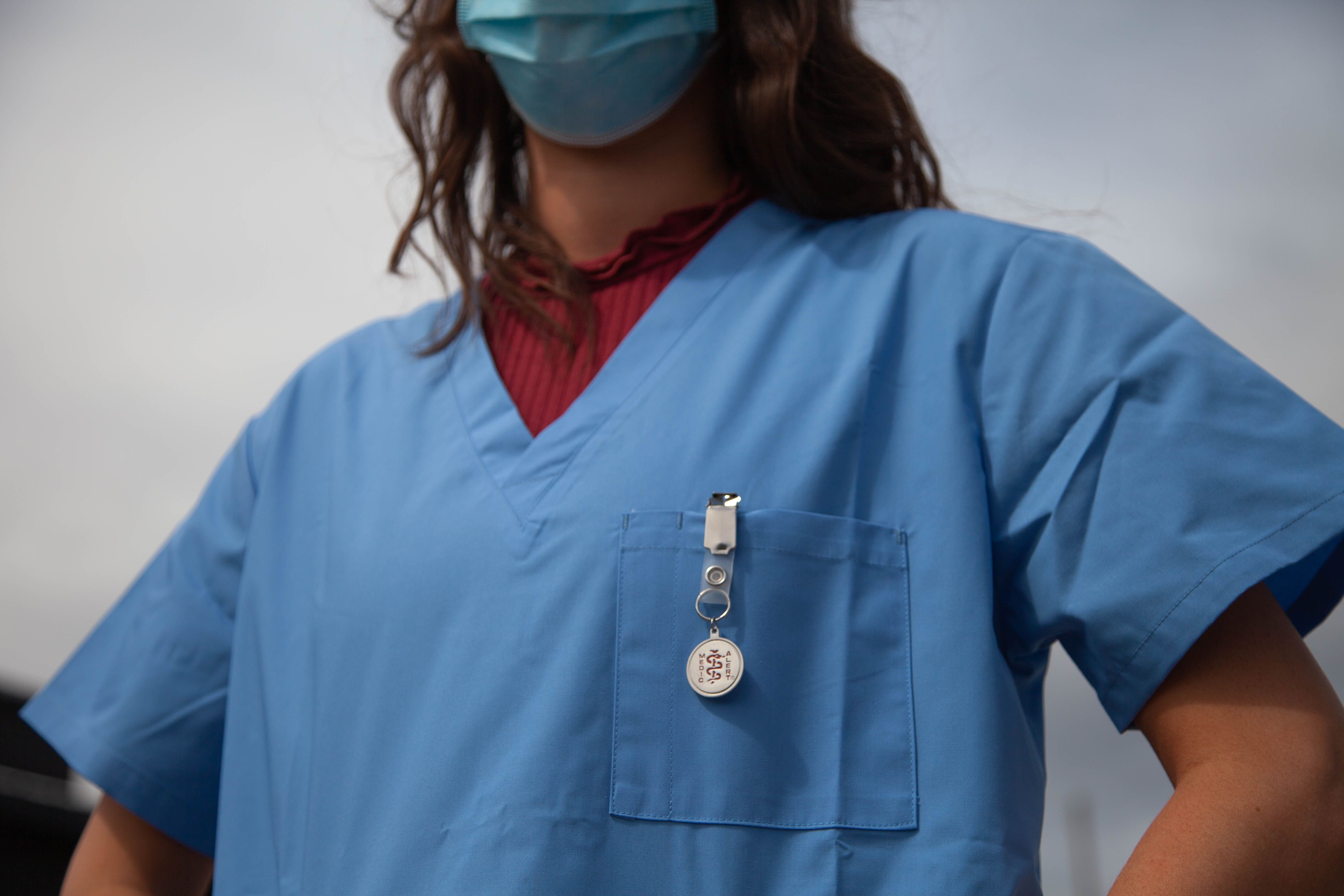The immune system is involved in every branch of medicine. Clinical Immunology is an integrated clinical and laboratory specialty, in which specialists apply a detailed understanding of the immune system to a wide variety of clinical problems.
Overview
Clinical immunologists are involved in assessing and managing patients, as well as running immunology laboratories. Clinical immunologists see and assess patients with possible or diagnosed immunodeficiency and allergy. Additionally, they are likely to be involved with patients with complex autoimmune disease, autoinflammatory conditions and other rare diseases, and assessment of patients where the diagnosis is elusive. Consultants take responsibility for running laboratories in which tests are processed to diagnose and monitor patients with immunodeficiency, autoimmune disease and allergies. In some hospitals, immunologists may also be involved in providing a transplant immunology service, where tests for transplant work-up, transplantation and post-transplant monitoring are performed.
Clinical immunology is a rapidly evolving discipline, with new disorders being reported every few weeks – it never gets boring! Clinical work is highly variable as immunology interfaces with every aspect of medicine. Having both clinical and laboratory facilities and expertise, together with collaborations around the world allows you move from the bedside to the bench, and back to the bedside.
Training in immunology is completed in two stages:
- Basic Specialist Training in General Internal Medicine (or an equivalent programme) - Two years
- Higher Specialist Training in Immunology - Five years
Higher specialist training in Immunology takes five years, during which you will complete the FRCPath examination in Immunology. Trainees are encouraged to undertake a research based higher degree, one year of which can be counted towards HST training. During training, trainees gain experience in clinical and laboratory aspects of immunology, as well as laboratory management, accreditation, audit and governance.

Higher Specialist Training (HST)
Requirements
Entry requirements for Higher Specialist Training are programme specific. To see the entry requirements for your preferred programme, please check the relevant HST curriculum.
General entry requirements for HST:
- You must have completed Basic Specialist Training in the relevant specialty (or an equivalent programme) by the start date for HST. Please note that not all BST programmes offer consideration of equivalence.
- You must have achieved a relevant postgraduate qualification such as MRCPI in General Medicine, General Paediatrics or Obstetrics and Gynaecology. Please note: we have reverted to the previous regulations regarding the examination which were in place before COVID-19. That is, all HST candidates must have successfully passed their MRCPI Clinical Examination relevant to their speciality before their HST interview date. There are no exceptions to this requirement.
- You must be currently or previously registered on one of the divisions of the Irish Medical Council, or provide proof of eligibility for registration.
- You must have proof of competency in the English language in line with HSE specifications.
- You must have demonstrated an aptitude for, and an interest in, that specialty.
- Places in HST are allocated in the first instance to applicants who, at the time of application, are citizens of Ireland or nationals of another Member State of the European Union, Stamp 4 Visa Holders and UK nationals.
FAQs
You can apply to Higher Specialist Training in 28 programmes. You can apply to more than one programme, although we advise against applying to more than two programmes.
You must submit a separate application for each programme. The application process is fully online – you don’t need to submit a paper application.
Make sure you read the entry requirements for your chosen programme carefully. The entry requirements are listed in the HST for each programme.
Shortlisting for interviews (where necessary) will take place in December/January. Interviews for shortlisted candidates take place in February.
As there are a limited number of places in HST, entry to each programme is competitive.
PLEASE ENSURE YOU HAVE ALL DOCUMENTS BEFORE
BEGINNING YOUR APPLICATION. LATE DOCUMENT SUBMISSIONS
WILL NOT BE ACCEPTED
- Certificate of completion of Basic Specialist Training (BST)
- Evidence of postgraduate qualification such as MRCPI
- Proof of Irish Medical Council registration / eligibility for registration
- Proof of English language competency
- Two Appraisal Forms
- Passport identity page
- Stamp 4 Residency Permit (if applicable to you – other types of Residency Permits do not need to be submitted)
There are three ways to confirm your eligibility for Irish Medical Council (IMC) registration:
- Submit your certificate of current or previous registration on one of the divisions of the IMC.
- If you are not currently and have never been registered on one of the divisions of the IMC, you may be considered automatically eligible for registration if you completed your medical degree in one of a list of EU countries. A list of eligible countries is available in our Entry Guidance and Advice section. If your country is listed, your academic transcript which you are required to submit will confirm your medical degree was completed in that country.
- If you do not fall into either category 1 or 2 above, please contact the IMC and ask them to provide a letter confirming your eligibility for registration and submit this with your application.
If you completed BST in July 2021 or earlier but do not yet have your BST Certificate, please apply now by contacting Helpdesk@rcpi.ie. Please note, you must have your BST Certificate before your HST interview.
The online application form will ask you for the following information:
- employment and training history
- clinical practice - experience to date
- academic achievements
- teaching experience
- audit experience
- research experience
- presentations to date
- publications to date
- management and leadership experience
- career objectives
- contact details of two references, one of whom must be your most recent supervising consultant (must be same two references who have completed your Appraisal Forms)
Please note you are not required to submit additional documents related to the above. Please be brief in describing only relevant experience under each of the headings on the application form.
Please note that formatting (paragraphs, special characters, bullet points, spacing etc.) will not copy over to your final application. All free text boxes are limited to 500 characters (letters/spaces etc).
Interview details will be posted in the Current Applications section on the RCPI website.
Please visit our Entry Guidance and Advice section for information on how scores are allocated for your application and interview.
Click here to access the RCPI Help Centre for more Frequently Asked Questions on applying to HST. Alternatively, we have a dedicated team to help you through your Higher Specialist Training, available to deal with any questions you may have. Contact us on helpdesk@rcpi.ie.



